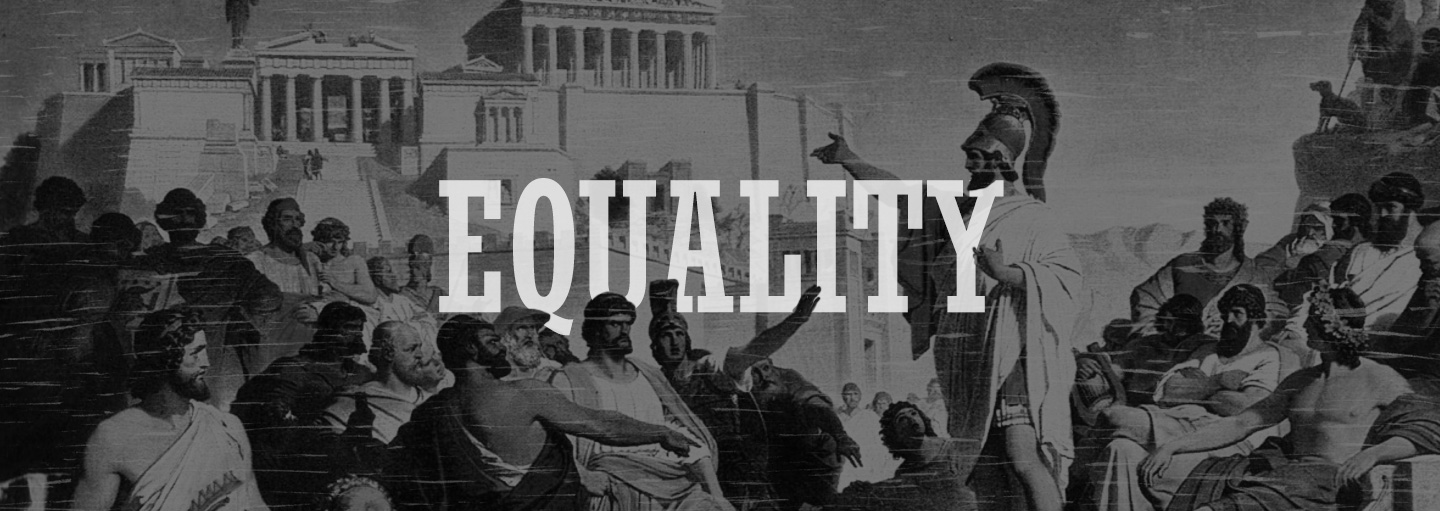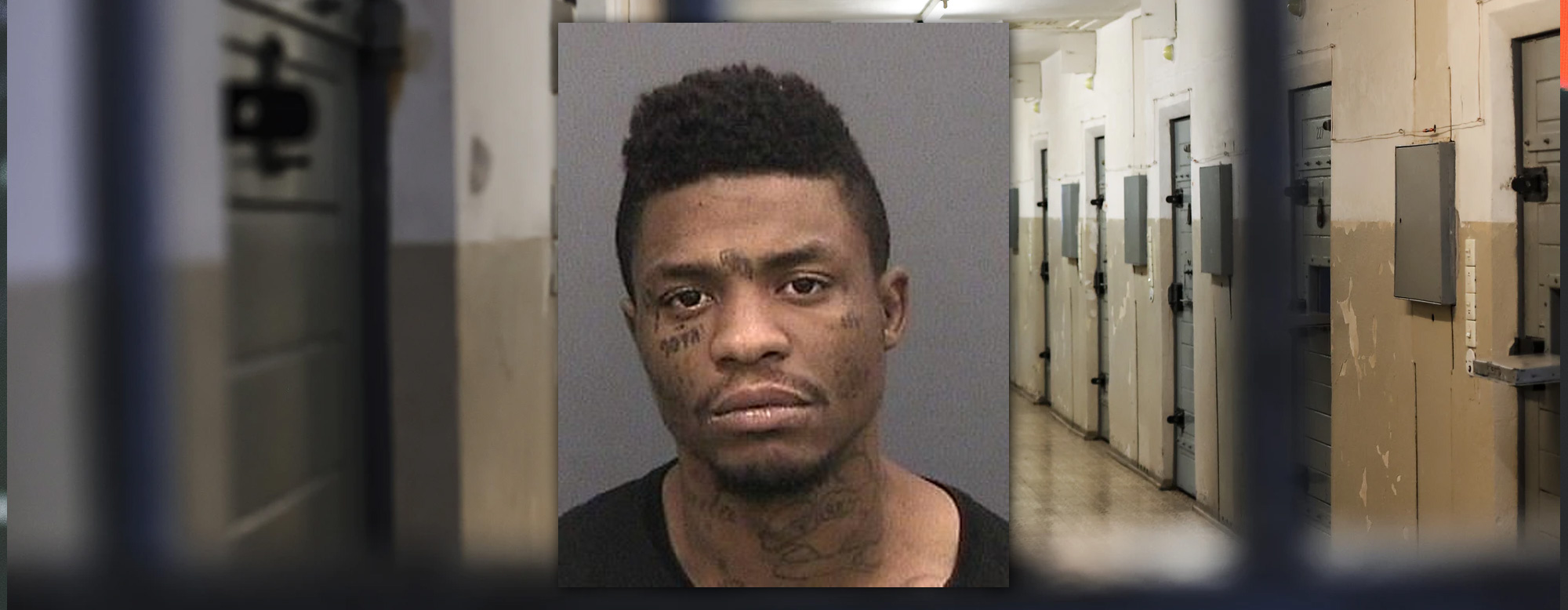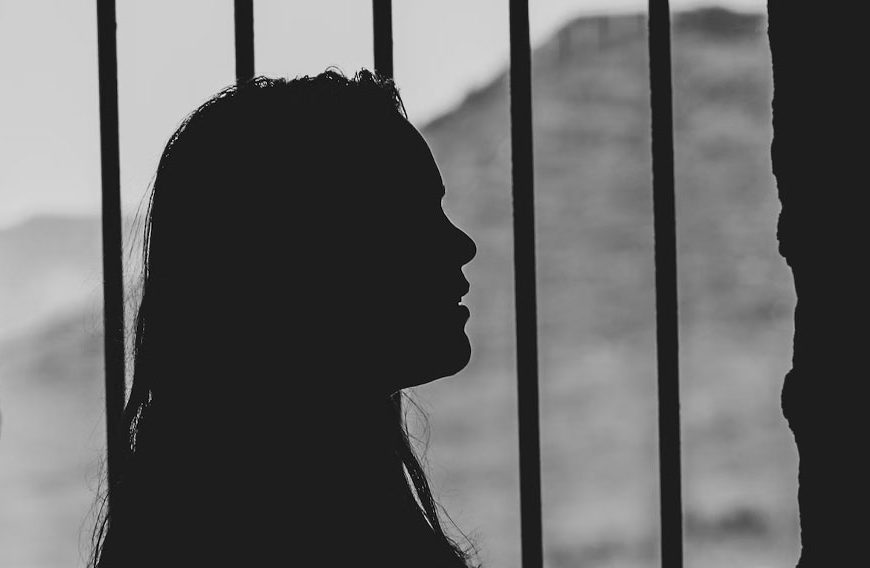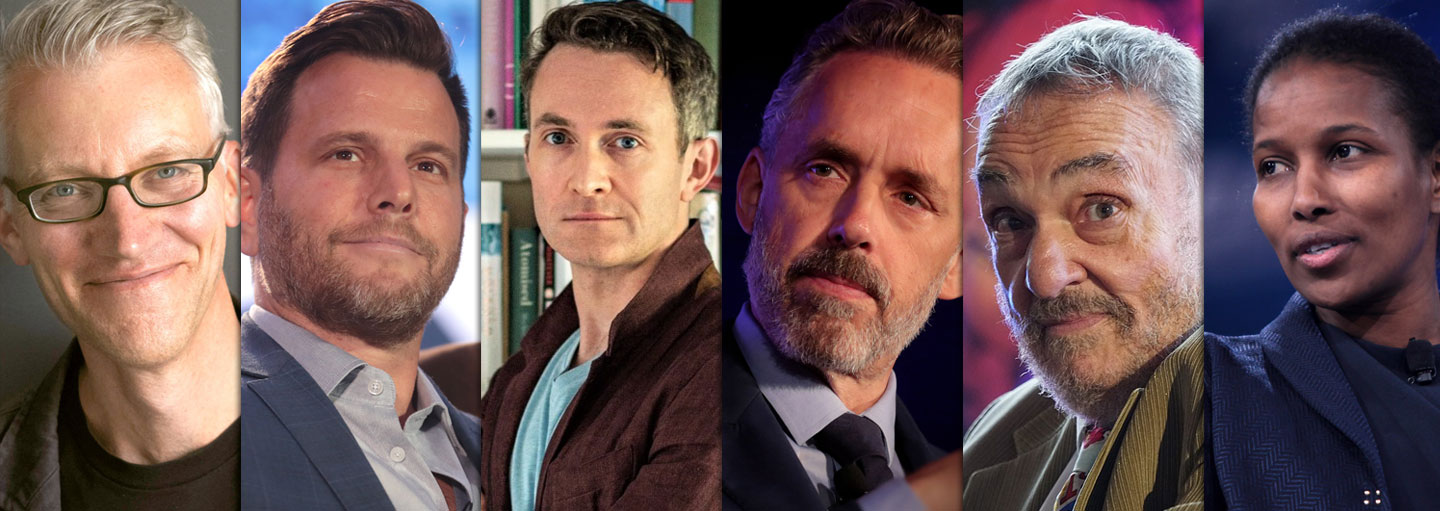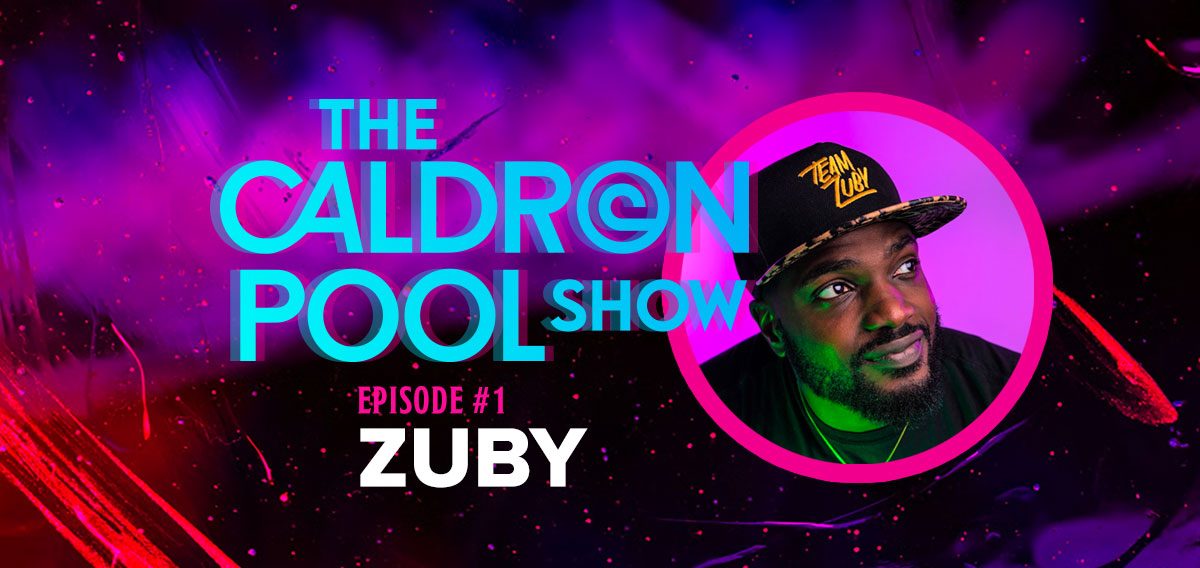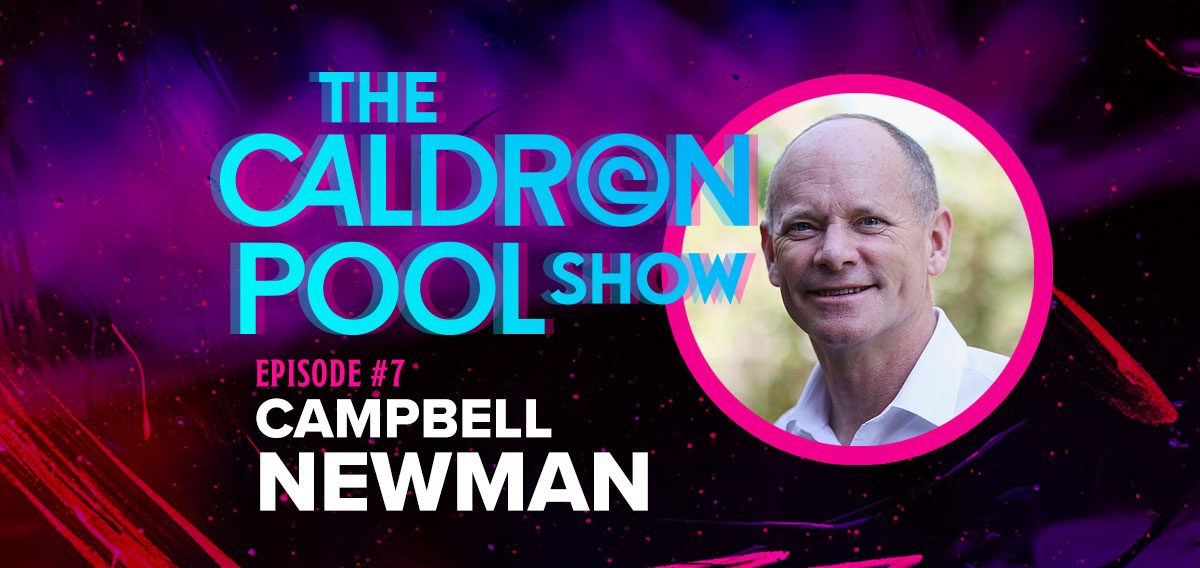“To err is human” – Alexander Pope
So, how did we become so obsessed with equality? This is a massive question to answer, and I am writing another series that overlaps with this one which you can find here, here and here. But because of the work of some incredible researchers, we can tie down some reasonably solid answers to this question. But before we turn to answer that question, it is important that I address another point: why people are obsessed with equality?
There are many different layers to this question which I could answer, but I think for the average person the focus on equality is a benevolent pursuit. Most people want to treat others fair, most of the time, and so they are not intending equality to be a wedge issue to undermine all that is good in our society, they simply want everyone to have a fair go, fair treatment, and fair acknowledgement of their human value.
As one friend said to me, most people do not define equality in such absolute terms as I did in my previous two articles, as only properly referring to weights and measurements and not to a value amongst people. As he put it, most people have a fuzzier definition of equality, where they mean that people should be paid the same for the same job, that people should be treated fairly before the law, and other such matters. These are noble goals, and they are not what I am seeking to argue against…
However, they also are not matters for equality, but rather matters of ius, matters of justice, matters of what is objectively right and should be subjectively applied to all people. My contention, which I will seek to address in later articles is that the focus on equality undermines and derails justice, it does not enhance it. Justice needs no qualifier. We SHOULD be advocating for a more just society, and more righteous and upstanding society, and I will seek to show how I think opposing the ideology of equality achieves this in a later work.
For now, I would just like to say to my friends who raised these points that I hear you, I know you, and I have the same goals in mind of a better society. However, I think it imperative that we use the word ‘just’ rather than equality because 1. it is actually possible; 2. it is genuinely noble, and; 3. it is supported by both argument to Scripture and natural law, so it’s thoroughly defensible. Now, let’s turn to the main issue at hand: How did we become so obsessed with equality?
As I mentioned above, some brilliant researchers have laid down some incredible foundations that allow us to attempt to answer this question. Martin van Creveld’s Equality: The Impossible Quest, is a brilliant little book exploring the history of Man’s quest for equality. Van Creveld shows that whether it is the most primitive societies or the most advanced like ours, equality just doesn’t exist anywhere, and never can.
Some progressives have attempted to hark back to a hypothetical and idealized primitive past to seek to establish that there were once societies that were structured around egalitarian values before patriarchal societies overcame them and forced us to live in more successful, hierarchal civilisations.[1]
Now, putting aside that this is a terrible argument for egalitarianism, as this would be effectively admitting that it is anti-civilisational, Van Creveld shows that this is simply a myth, a phantom, anyway, such societies are non-existent. This is what Van Creveld has to say about primitive societies:
Briefly, even in the simplest known human society of all, simpler even than the tribes of the highlands of Papua/New Guinea, some people were considered more equal than others. Indeed it might be said that, to the extent that any kind of organization existed both inside and outside the family, it both rested on inequality and perpetuated it.[2]
These so-called “egalitarian” primitive societies are not egalitarian, which makes sense, as the closer you get to dealing with the brutality of nature the more intelligence, strength and leadership matter. Nature is an unforgiving environment and does not entertain any of our pretensions. But even though this is really an obvious point, still this idea has been attractive to many. There was considerable discussion among the enlightenment thinkers about the so-called ‘egalitarian’ and free-loving nature of the primitive societies European explorers found all over the world. But, as Van Creveld notes,
Looking back, it appears that all the participants in the debate were wrong. A closer examination of the facts would have shown that hordes of perfectly free men and women enjoying equal authority, status and access to resources of every kind, including each other’s sexuality, have never existed and probably could not have existed.
To paraphrase Hobbes, perfect equality, like its concomitant perfect liberty, can only exist when each individual lives alone in a desert, where it is meaningless. Even the simplest known societies were, to a considerable extent, based on inequality. While there were neither permanent social classes nor institutions, different people were caught up in what were often extremely complex networks of deference, rights and duties.[3]
Even though these societies are often described as egalitarian and are considered the closest to equality that we can point to[4], this is not even close to true. It is more accurate just to say that in some instances their forms of structure were so different from what the western observers were used to, that many explorers just failed to recognize them at first glance. In other cases, their way of life was being overly romanticized by people who probably thought the grass was greener on the other side.
It is important for our whole argument that the myth of equality existing in the primitive state be exposed as the falsehood it is, and as we continue you will see exactly why.
When it comes to discussing the origins of the concept of structuring society along the lines of equality Creveld takes us to ancient Greece. Greece is famous for its attempt to establish egalitarian societies. But while equality was an idea that the Greeks toyed with, it is something they never really achieved, in fact, they did not even come close.
For example, we are told of Agamemnon, a King during the time of the Illiad, that his “tents are full of copper and many choice captive women.” And while the city-states of the classical period gave the population more rights and more of a say in the decisions of the city, they did not enfranchise the slaves, or the women, or even other Greeks. The Greeks may have invented democracy, but they did not really achieve equality.
Let’s have a look at the two most notable attempts to do so, in the city-states of Sparta and Athens.
The Spartan way of life was based on an extreme, almost monkish, form of equality among the Spartan warrior class; the Spartiates. From the age of seven to the grave their life was one of frugal living, devoted to military pursuits, and based on a harsh form of enforced equality.
Such was the importance Lycurgus attributed to equality that it applied even to death. Not only did he prohibit any kind of objects to be buried with their owners, but tombs were not supposed to carry the names of their occupants. The only exceptions to this rule were men who had been killed in battle and women who had died in childbirth.[5]
I love that the Spartans regarded mothers as honourable as warriors, but, as with all other attempts at establishing a society based on equality, Sparta never really reached its goals:
In all this, the major deviations from equality were the fact that private individuals could not speak in the assembly; that only old men could be elected to the Senate; and that the kingship was hereditary and limited to members of just two families, the Agiads and the Eurypontids. When somebody asked Lycurgus about this his response, presented as a typical example of “Laconian” brevity and pungency, was to tell the man to “go and first establish democracy in your own household.”[6]
Even the supposed lifestyle of frugal and brutal equality that the Spartan men enjoyed — if ‘enjoyed’ is the right word — rested on the massive slave labour force they were able to bring to bear to maintain their society. While the helots, the Spartan slave labourers, toiled in the fields, and the perioikoi toiled in the house, the Spartan men could dedicate themselves to military training.[7]
There is also their famous and disgusting treatment of infants they considered not “equal” enough, which were either killed or raised as slaves. Spartan equality really was not a form of equality at all, but a monkish military elitism, that placed one class of men much higher than everyone else on the hierarchy.
Athens is the other notable example of pretensions of equality in the ancient world. Under a leader called Solon, the Athenians began to propose the idea of equality before the law, isonomia, even at one point setting all Athenians free from debts and servitude, in an attempt to bring more equality to the Athenian people.
The move did not mean that slavery was abolished. Both Athenian individuals and the state could, and would, continue to own slaves. What changed was the fact that the slaves in question could not be Athenian citizens. From this point on, in other words, all Athenian citizens were, by definition, free.[8]
But even these free and “equal” citizens were not really equal. The Athenian people were separated into different classes by Solon, based on wealth and status, with only people of certain ranks being allowed to enter respective positions of power.[9]
Indeed, “…some modern historians have argued that, at this time, isonomia meant no more than equality among aristocrats.”[10] Then, as now it seems, the elites used cries of “equality, liberty, fraternity” to gain more power for themselves or to put it another way; equality for some but not for others.
Later in its history, Athens moved toward a more general democracy and further towards equality…for Athenian men…that is to say, for the privileged few who had the right citizenship. It was not as exclusive as Sparta, but it was still not full equality.
Ephialtes’s successor was the great Pericles. Under his leadership, which lasted for some thirty years, Athenian democracy assumed its classic form. One indication of this was the appearance, besides isonomia—formed out of iso, equal, with nomos, meaning usage, custom, or law—of a whole series of closely related concepts. Among them were isogeria, meaning an equal right of all citizens to address the various political assemblies; isophsephos, i.e. one man, one vote; as well as isokratia, or equality of power. Of isonomia itself Herodotus has a Persian nobleman say that it was the “fairest word of all.” Nothing like this democracy had been attempted before. And nothing like it was to be attempted again for many, many centuries to come. Under this system the sovereign body was the popular assembly. It alone had the power to pass laws, make treaties, declare war or peace, and appoint the most important magistrates (the rest were selected by lot, thus giving every male citizen a chance to participate in government).[11]
It was a remarkably unique system in the ancient world, and it had lofty goals. But the heights of true equality were not reached; “Phaleas, who is only known to us from Aristotle, pointed out that, though a sort of civic and political equality had been achieved, socio-economic gaps had not been closed.”[12] In fact, all it had the effect of doing was create a new form of an elite class, and though some have seen it as the model for an egalitarian society,
By contrast, much of modern, particularly liberal and socialist, criticism focused on how exclusive Greek equality was. In Sparta only a small and diminishing fraction of the population consisted of homoioi. In Athens equality probably covered more people—perhaps 40,000, or sixteen percent, in a population estimated at a quarter million. Neither in Sparta nor in Athens (nor in any modern state), did resident aliens possess political rights. Slaves, both state – and privately-owned, had hardly any rights at all. Though Solon did much to make Athens more egalitarian, he also passed a law against slaves practising gymnastics. Everywhere women were perpetual wards; unattached widows and courtesans apart, they could only live under male protection.[13]
Greek equality may have been grand in its pretensions, but it was truly only enjoyed by a very small, exclusive, and powerful class of people. It really was just equality among the select elite, though Athens was broader, and Sparta more exclusive. But you cannot answer the question: ‘how did we become so obsessed with equality?’, without discussing the Greek attempts at achieving it.
Western intellectual thought and civilisation begins with Greece. They are our forbearers in philosophy, and their writings and civilization pervade our Western consciousness and have ever since the Germanic tribes began to clash with Rome. But even though this is so, it still took a long time for the idea of equality to filter through into wider western society. So, when did that happen?
To answer that, Van Creveld takes us to the early enlightenment, and especially Hobbes and Locke. Prior to reading Van Creveld, I had found in my own reading that the idea of equality of all men begins to pervade the wider consciousness of the West through Locke’s Two Treatises, which I referred to in my first part of this series on equality (here and here).
But while Locke might have popularized this idea, at least in regards to the American patriarchs, Hobbes discussed the concept well before Locke did. Indeed, Van Creveld asserts, “The definitive theoretical step towards the idea that all men—not women, that was only to come many years later—are equal was made by Thomas Hobbes (1588-1579).”[14] Part of Hobbes inspiration came from his translation of Thucydides, so there is our Greek connection again.[15] But also, Hobbes based his idea of equality on the state of nature:
Nature hath made men so equal in the faculties of body and mind as that, though there be found one man sometimes manifestly stronger in body or of quicker mind than another, yet when all is reckoned together the difference between man and man is not so considerable as that one man can thereupon claim to himself any benefit to which another may not pretend as well as he. For as to the strength of body, the weakest has strength enough to kill the strongest, either by secret machination or by confederacy with others that are in the same danger with himself.[16]
Hobbes conception of equality was based upon his theorizing about the state of man in his most primitive form, which will indicate to you why we began above by discussing the band societies. As the most accurate representation of man in his primitive state, close to nature, observation of these societies debunks the idea of equality in the state of nature completely.
Indeed, Hobbes’ theorizing reeks of a man who had no firsthand knowledge with the kind of societies he was basing his conceptions on. Some might say, “Well Hobbes is referring to an even more primitive state before man joined into groups of any form.” But no such human society has ever been observed, nor would even be possible. The smallest state a human society could exist in is the family, and the family always has a leader and a hierarchy, which is usually Patriarchal. So, either way, his ideas just do not work.
In his view this state of natural equality led to complete anarchy, and therefore, “…to avoid a war which would be ruinous to all, they have agreed to sign a covenant or social contract. Under that contract, they give up all their rights and transfer them to the commonwealth, or state, or Leviathan, instead.”[17]
I tend to agree with his observation that the more a society moves towards equality the more it will tend towards anarchy, we see this in the West today, egalitarianism is breaking down every structure. But, I still have to push back against his conclusion; his accounting for how the state developed does not in any way factor in how men work. Men naturally follow the strong, intelligent and successful, especially if someone is both, and the evidence from history is that such men pass their privileges onto their sons, who either defend them or lose them based on their own strength, intelligence, skill and luck.
However, contrary to Van Creveld, who links liberal equality back to Hobbes, and its transmission into society through the enlightenment thinkers he inspired[18], the idea of drawing a natural state of equality from nature goes back to at least the 12th century. Brian Tierney, a Medievalist, has made his case well that the ideas that flourished in the enlightenment, can be traced with varying degrees to philosophical discussions between the medieval jurists.[19] Locke and Hobbes are simply the most prominent exponents of a long tradition of thought, that they modified and passed on,
According to the natural law that medieval jurists and philosophers knew, humans were by nature free and equal. For many of them, as for Locke, it was the fact of subordination under a government that called for an explanation. The Aristotelian teaching that the polis was natural to man in the sense that humans could flourish best in a political society was widely accepted— Locke himself thought that life in a political community was best for humans— but it was not taken to mean that such societies just came to exist naturally without any human initiative.[20]
For Locke, and the medieval jurists, government was the curiosity. How did such an organization come about?
There are various examples in the centuries before Locke of writers who envisaged a beginning of political society through individuals’ consenting together to enter into compacts with one another. Already in the twelfth century the canonist Rufinus envisaged a state of affairs after the Fall of Adam when humans had lived without any ordered government and with only the law of nature to guide them. He depicted the human condition then as brutish and savage, rather in the manner of Hobbes. But, Rufinus allowed, men retained enough sense of justice to come together and enter into compacts and covenants with one another and so establish a body of law by which they could live.”[21]
In the fourteenth century,
Francisco de Vitoria also envisaged individuals uniting to form a political community, and he observed that they would all at first be equal since each had a natural right of self-defence. Vitoria also noted, like Locke in a later age, that a unanimous consensus was not necessary to establish a government; a majority vote of the people concerned would suffice.[22]
Both Rufinus and Vitoria here are arguing for a society based on the consent of the governed, and Vitoria also explicitly refers to equality amongst men, as Locke did, in this early state. So as can be seen, the idea of men being naturally equal was not new with Hobbes, and while Locke propagated these ideas wider than anyone before him, he was carrying on a long tradition of thought.
There is much more which can be said here about the grand tradition – and it truly is grand, there is no western civilisation without the genius of medieval theologians – of medieval thought that exists on the topic of the natural rights and natural law, but this will have to be reserved for another day.
For now, I want us to note something; where do these thinkers keep coming back to regarding equality, whether medieval or the enlightenment? They didn’t find these ideas in the Bible, because as we have conclusively shown the Bible does not teach them, so they had to conjure them up in a theoretical, indeed mythical, past; the “state of nature.”
It is no wonder such ideas took so long to take any hold in society, even though we can trace the idea of the “equality of men” to certain medieval jurists, this was in no way the mainstream conception of humanity. Rather than being obsessed with equality,
Medieval minds were fascinated, captivated by an alternate vision – the vision of hierarchy. In real life they were ruled by hierarchies of government in church and state. But beyond this they perceived the whole universe as a great hierarchal chain of being. From God authority flowed to an angelical hierarchy in heaven to an ecclesiastical hierarchy on earth…To medieval men, divinely ordained hierarchy seemed, not just an abstract theory, but and observable fact of nature.[23]
And it is an observable fact of nature, everywhere we go, amongst people or creatures great and small, we observe hierarchies in action, they are unavoidable. This is not an argument for absolute tyranny either. The medieval thinkers were onto something when they sought to establish God-given or natural rights, and limits and responsibilities of power.
There is much good in their arguments there, and we would be foolish to reject all of the grand nobility of medieval thought, just because we are quibbling with one very minor aspect of it. Chaucer captures the medieval understanding of why God ordained hierarchy, and shows us why it is a noble aspect of the world that should be preserved, not rejected,
Now, as I have said, since it was because sin was the first cause of thralldom, then it stands thus: that all the while all the world was in sin, it was in thralldom and subjection. But certainly, since the time of grace came, God ordained that some folk should be higher in rank and state and some folk lower, and that each should be served according to his rank and his state… but in as much as the estate of Holy Church might not have come into being, nor the common advantage kept, nor any peace and rest established on earth, unless God had ordained that some men should have higher rank and some lower: therefore was sovereignty ordained to guard and maintain and defend its underlings or its subjects within reason and so far as lies in its power, and not to destroy or to confound them.[24]
God ordains the strong that they might protect the weak. Chaucer argues that thralldom, that is slavery, came into the world because of sin, and he is right, slavery is a result of sin, but hierarchy is one of God’s means of limiting evil, and it is built into the fabric of creation; Adam named his wife, this is a signet of authority. Hierarchy protects, a rightly practiced hierarchy that is.
A good example of this is strong fathers in the home. It is well known and well established that children in fatherless homes are more likely to experience abuse, neglect, or tend towards criminal behaviour than children in homes with a mother and father.[25]
Equalitarians would have us believe all family types are equal, and fathers not really that necessary, prison wardens, and reality, would disagree. As Robin of Locksley says in Robin Hood Prince of Thieves: “And one free man defending his home is more powerful than ten hired soldiers.”[26] We have foolishly rejected one of the most basic necessities of human relationships: clear, hierarchical, structures with strong boundaries of protection.
For the Christian reader, what fits better with actual scripture, this concept of hierarchy leading up to the ultimate king, the Lord of creation, or the idea of equality? The answer is clear when you ask it like that, isn’t it?
Paul makes a case for a great chain of hierarchy himself more than once, 1 Corinthians 11:2-3 – “2 Now I commend you because you remember me in everything and maintain the traditions even as I delivered them to you. 3 But I want you to understand that the head of every man is Christ, the head of a wife is her husband, and the head of Christ is God.” And another example is in Ephesians 5:22-24 –
22 Wives, submit to your own husbands, as to the Lord. 23 For the husband is the head of the wife even as Christ is the head of the church, his body, and is himself its Savior. 24 Now as the church submits to Christ, so also wives should submit in everything to their husbands.
The idea of God, heaven, earthly authorities of church and state, then man and woman, fits much more with the scriptural worldview, than our modern idea of equality. Indeed, it is clear in my mind that the idea of equality is a deliberate and SUCCESSFUL stratagem for undermining the proper hierarchy of creation, that God designed as a protective structure.
That to me is why the original philosophical and legal theories of equality need to turn to a theoretical “state of nature” to support their arguments because observable nature and Scripture contradict the idea of equality in EVERY way. There is nothing more evident than that there are vast differences between human beings, we are all created in the image of God and reflect that, but differently, and this is by design.
So, Hobbes, Locke and other enlightenment thinkers transmitted and popularized a concept that had been discussed for centuries beforehand, but never really caught on. Indeed, even in Lockean England, it was sometime before equality worked its way through the class system and religious structure. In fact, in the land of equality itself, the US, the struggle for equality is still trumpeted loudly by many politicians on both sides of the isle, as if it that nation’s reason for existence is to see equality once and for all achieved.
So how did we become obsessed with equality? Partly because of our Greek heritage of thought, partly because of medieval discussions about the state of nature, transmitted to us through enlightenment giants, but I would have to say largely because the most powerful nation for the last 80-100 years or so, and prior to that an admired nation still, made it a founding principle of their liberty from tyranny,
The unanimous Declaration of the thirteen united States of America, When in the Course of human events, it becomes necessary for one people to dissolve the political bands which have connected them with another, and to assume among the powers of the earth, the separate and equal station to which the Laws of Nature and of Nature’s God entitle them, a decent respect to the opinions of mankind requires that they should declare the causes which impel them to the separation…We hold these truths to be self-evident, that all men are created equal…[27]
The reigning world empire will dominate the culture of the world in its day, and the success of this nation has done wonders for the advancement of egalitarian ideas in the last century and beginnings of this century. I think there is more that can be said in answer to this, and I am dealing with that in my Satanic Feminism series linked above. But what I have been determined to establish so far in this series is two things: 1) That the scriptures did not teach us this idea of equality, it came from outside the words of scripture, 2) That nature does not self-evidently show that all are created equal. Therefore, it has no rational basis.
Indeed, it is precisely because the opposite is true that much of the history of the United States has been in turmoil because of its disconnect from its national rhetoric and its national reality. The same man who inspired the US’s position on equality, Locke, also made philosophical arguments about why the native American did not have an equal claim to their own land and therefore why it could be confiscated. The inherent issues in the US today can be at least partially attributed to this national mythos of equality, this impossible goal, that leads to many inherent contradictions, and constant pressure to realize them, all of which appears to be falling apart right now.
But we should not single out the US alone, the French revolutions cry, “Liberty, Equality, Fraternity” was every bit as utopian as the US Declaration of Independence. Indeed, if you look at it closely, each precept contradicts the others, you cannot have both liberty and equality, as we discussed at the start, and if we are truly free, then we will choose not to be brothers with everyone, opposing groups will form. “Liberty, Equality, Fraternity” is a nonsensical slogan, as many slogans are.
So, while the answers we have given so far suffice to explain much of the reason why we are obsessed with equality, I don’t think they give us the full answer. They explain to us historically how it arose, but not existentially why we are obsessed with it. For this I can think of no other answer, than this: we like the idea, no matter all the faults, all the contradictions, all the impossibilities we see with it, we like to think of ourselves as more than we are, and forces in our society, both intellectual and spiritual, work very hard to encourage us in this direction. But why?
I think Chaucer answered that for us above, it is a strategy for undermining God’s Church and his order:
but in as much as the estate of Holy Church might not have come into being, nor the common advantage kept, nor any peace and rest established on earth, unless God had ordained that some men should have higher rank and some lower: therefore was sovereignty ordained to guard and maintain and defend its underlings or its subjects within reason and so far as lies in its power, and not to destroy or to confound them.
If you mess with the natural hierarchy ordained by God, you mess with the Church, the family, and the national structures which protect these life-giving institutions. Anarchy is the end game, because Locke, Hobbes and the medieval jurists were right, if everyone is levelled then anarchy will ensue, not because everyone is equal, but because the natural result of levelling is disorder. Egalitarianism is disorder dressed up as a gift and we are experiencing the repercussions of it every day in the West as our society becomes further and further decivilized.
The reason we are obsessed with equality is that humanity has an enemy, a real, spiritual and wicked enemy, that worked out long ago if you want to destroy humanity, you barely have to lift a finger. All you have to do is convince everyone that they are owed more, and they have every right to take it, “4 But the serpent said to the woman, “You will not surely die. 5 For God knows that when you eat of it your eyes will be opened, and you will be like God, knowing good and evil” (Genesis 3:4-5).
It is the original temptation, and it still wreaks havoc today. We are obsessed with equality because our society believes the devils lie that the utopian greatness it offers us is possible. Unless we oppose this very clever deception, equalitarianism will continue to degrade our society.
[1] Eller, Cynthia, “The Myth of Matriarchal Prehistory: Why An Invented Past Won’t Give Woman A Future,” The New York Times Online: Books https://movies2.nytimes.com/books/first/e/eller-myth.html accessed 30/11/2020.
[2] Van Creveld, Martin, 2015. Equality: The Impossible Quest. Castalia House, Finland. Kindle Edition. Chapter 1.
[3] Ibid. Chapter 1.
[4] This should give people a clue to the foolishness of the quest for equality. If societies truly become more egalitarian the closer they are to primitive baseline societies, then this fact along should be enough to convince us that we don’t want to go any further down that road. Income equality really loses its meaning if everybody has virtually nothing, and every day is a physical struggle just to remain alive. Better societies based on justice, fairness and competition, because this lifts up everyone’s standard of living.
[5] Van Creveld, Martin, 2015. Equality: The Impossible Quest. Castalia House, Finland. Kindle Edition. Chapter 2
[6] Ibid. Chapter 2.
[7] Ibid. Chapter 2.
[8] Ibid. Chapter 2.
[9] Ibid. Chapter 2.
[10] Ibid. Chapter 2.
[11] Ibid. Chapter 2.
[12] Ibid. Chapter 2.
[13] Ibid. Chapter 2.
[14] Ibid. Chapter 5.
[15] Ibid. Chapter 5.
[16] Hobbes, Thomas. Hobbes: Leviathan, Behemoth, The Elements of Law & De Cive . Titan Read, Denmark. Kindle Edition. Book one, chapter 13.
[17] Van Creveld, Martin, 2015. Equality: The Impossible Quest. Castalia House, Finland. Kindle Edition, Chapter 5.
[18] Ibid. Chapter 5.
[19] Tierney, Brian, 2011. Response to S. Adam Seagrave’s “How Old Are Modern Rights? On the Lockean Roots of Contemporary Human Rights Discourse,” Journal of the History of Ideas, Vol. 72, No. 3, pp. 461-468 (8 pages), Published by: University of Pennsylvania Press.
[20] Tierney, Brian, 2008, “Historical Roots of Modern Rights Before Locke and After,” Rethinking Rights : Historical, Political, and Philosophical Perspectives, edited by Kenneth L. Grasso, University of Missouri Press,, source: http://ebookcentral.proquest.com/lib/slq/detail.action?docID=3440723 pp34-57, accessed on the 5/11/2020; P41.
[21] Ibid, P42.
[22] Ibid, P42.
[23] Tierney, Brian, 1982. Religion, Law and the Growth of Constitutional Thought, Press Syndicate of the University of Cambridge; Pp42-43.
[24] Chaucer, Geoffrey, 2017, The Canterbury Tales, JKL Classics Publishers, Kindle Edition; p516
[25] Insert reference https://thefatherlessgeneration.wordpress.com/statistics/
[26] Robin Hood Prince of Thieves, Wikiquote: https://en.wikiquote.org/wiki/Robin_Hood:_Prince_of_Thieves#:~:text=I%20for%20one%20would%20rather,The%20Crusades%20taught%20me%20that accessed 30.11.2020.
[27] National Archives, Declaration of Independence, Americas Founding Documents, https://www.archives.gov/founding-docs/declaration-transcript accessed 30.11.2020.


